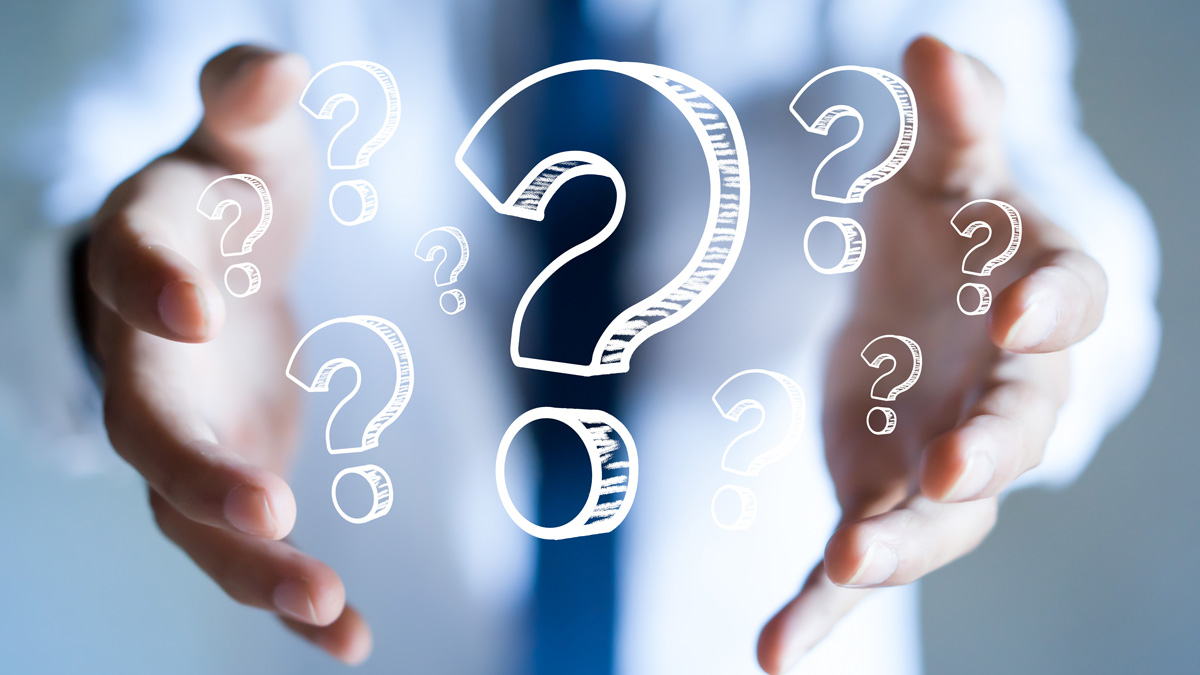 One of the most important abilities of a MGO is being curious – to ask those questions (and keep asking them) that get to the deeper set of answers that will reveal the key drivers of the caseload donor.
One of the most important abilities of a MGO is being curious – to ask those questions (and keep asking them) that get to the deeper set of answers that will reveal the key drivers of the caseload donor.
Author Dave Coffaro brilliantly writes in SmartBrief about the Art of Inquiry. It’s a system for building a competency that facilitates the exchange of knowledge and contributes to the development of relationships, where both aspects – knowledge exchange and relationship development – are equally important.
The reason Dave uses the word “art” in his label of the system is because Merriam-Webster defines art as a “skill acquired by experience, study, or observation.” Developing this particular skill comes from building and demonstrating comfort with asking meaningful, probing questions, letting responses guide subsequent questions in order to understand a topic – and doing so in a natural, conversational manner.
At the core of a major donor/MGO relationship is a deep understanding on the part of the MGO, of WHO the major donor really is. (Tweet it!) This understanding leads the MGO towards creating plans to service the interests and passions of the donor – plans that are right on point and focus the activity on the fulfillment of those passions and interests – NOT the money.
Jeff and I encounter so many situations where the primary concern and focus of the MGO is on how to get the money. We understand this. But it’s wrong. And while this approach will be successful some of the time, it won’t grant you full success for the future.
In fact, when you’re thinking of your caseload donor, if you find yourself thinking “OK, how am I going to get that gift?” – if you find yourself starting there, just stop and restart with “What can I do to fulfill this donor’s passions and interests?” That will be a much more profitable strategy.
If you don’t know the answer, then it’s time to be curious and find the answer by asking the donor that very question: “NAME, you told me that the key thing that matters to you about our work together is X. How can I help you fulfill that?” And then be curious. And more curious.
How’s your curiosity?
Evaluate your last five donor interactions. Were you curious? Were you listening? Were you asking those questions that facilitated the exchange of knowledge with your donor and that contributed to deepening your relationship with her?
If your answer is yes, good for you. If not, then purpose to spend time developing your “curious muscle.”
And thank you, Theresa Tapocsi (Veritus Client Experience Leader), for bringing this article to my attention.
Richard
Search Blog Posts

The Art of Being Curious
1 Comment
Trackbacks/Pingbacks
- Curiosity Generates Innovation – Collaboration Associates - […] He also explains that inquiry is more than asking good questions. It is the purposeful act of seeking knowledge…





I wholeheartedly agree with what you’ve written, here! Genuine curiosity shows genuine care for the person, and that’s what MUST remain uppermost in working with major (and prospective major) donors.